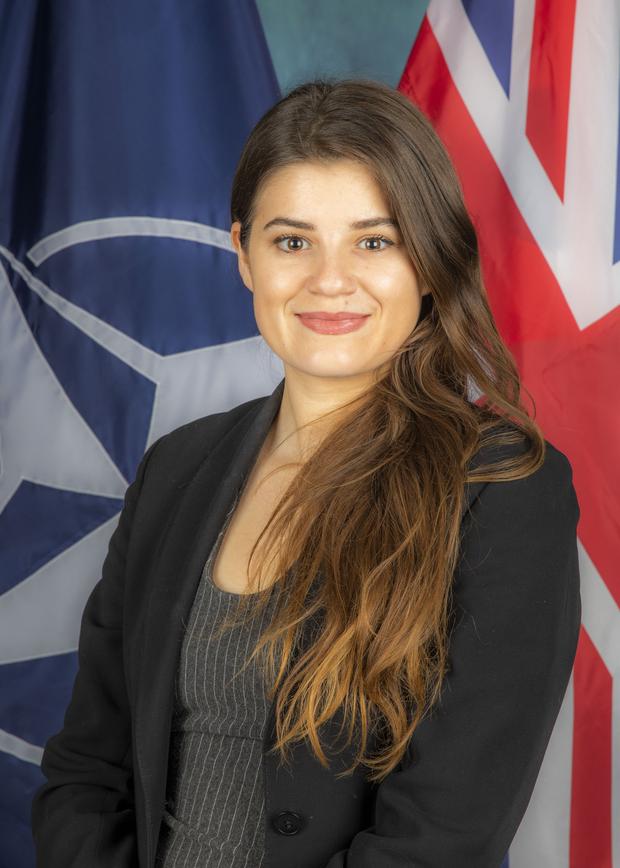January 27, 2022
Arizona State University’s College of Health Solutions is now home to one of the largest and most respected nutrition and dietetics programs in the U.S., but there was a time when nutrition at ASU was a small program in ASU’s Department of Home Economics, tucked away among its degrees in family studies, housing, textiles and clothing.
Linda Vaughan, professor emeritus and former director of the nutrition and dietetics program, was one of the driving forces behind its transformation into a thriving program of almost 1,000 students, five bachelor’s degrees, three master’s programs and a collaborative PhD in exercise and nutritional sciences, all located in a prominent place on ASU’s Downtown Phoenix campus. When she retired in 2016, Professor Emeritus Linda Vaughan established the Linda A. Vaughan Scholarship Fund to help nutrition students at ASU's College of Health Solutions finance their educations. Download Full Image
Even in retirement, she has continued to shepherd the nutrition program’s growth through the Linda A. Vaughan Scholarship Fund, an endowment that helps nutrition students realize their academic goals.
Humble beginnings
Recalling her early days at the university, Vaughan said, “We had a very traditional home economics department with degrees typical of the 1980s — family studies, child development, textiles and clothing, and a housing unit.” Then the program modernized, changing its name to family studies and human development, but reference to the nutrition program was left out of the new name.

Several years later, room for the nutrition program became available on the ASU Polytechnic campus. Under Vaughan’s leadership, the nutrition program moved there, giving the program both autonomy and more visibility in course catalogs and other ASU documents, which immediately spurred growth.
There was room for improvement, however. The Polytechnic campus opened in 1996 on the former Williams Air Force Base in Mesa, and the nutrition program was housed in the Air Force base’s remodeled buildings.
“What used to be operating rooms at the Air Force base hospital was turned into our research space,” Vaughan said. “The cafeteria was rehabbed into our food labs. That was a challenge.”
So was the site’s location, a 35-minute drive from ASU's largest campus in Tempe and a distant trek for anyone in the northern and western parts of the Phoenix metro area. Then, eight years later, the university moved Vaughan and her team to ASU’s Downtown Phoenix campus. The program got new teaching and research labs, a commercial kitchen to teach food and restaurant management, and access to the latest in instructional technology.
“It was the best move ever,” Vaughan said.
The nutrition program’s enrollment surged from 60 students in the Department of Home Economics to more than 500 when Vaughan retired in 2016 after 36 years at ASU.
MORE: ASU's nutrition program: 100 years in the making
A lasting legacy
“There’s no question that Linda Vaughan was the most well-known nutrition educator in the state of Arizona and one of the most prominent in the country,” said Christina Shepard, a clinical professor of nutrition in the College of Health Solutions. “She made a huge difference in the profession of nutrition and dietetics.”
Vaughan’s expertise and professional leadership were key to shaping the program’s innovative focus.
“The traditional concept of nutrition is what you eat and how your body responds,” Vaughan said. “Now, nutrition is examined on the cellular level, not just the macro level.”
In today’s nutrition program at ASU, you’ll find collaborations with psychologists, exercise scientists, researchers involved in genomics, a medical master’s program developed in collaboration with the Mayo Clinic, and the nation’s first doctoral program to fully integrate nutrition, exercise and wellness. Most of these changes happened under Vaughan’s watch.
“We really broadened the concept of what nutrition is,” she said.









